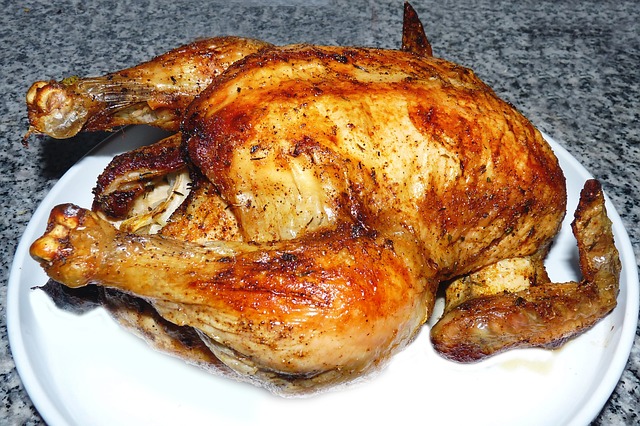Introduction
Feeling sick after consuming a protein shake can be a frustrating experience. While protein shakes are generally considered a convenient and effective way to supplement protein intake, some individuals may experience discomfort or nausea after consuming them. In this article, we will explore various factors that may contribute to feeling sick after a protein shake and provide tips on how to alleviate these symptoms.
Possible Causes of Feeling Sick after Protein Shake
1. Low-quality protein powder: The quality of the protein powder used in your shake can play a significant role in how your body reacts to it. Cheaper protein powders may contain additives, artificial sweeteners, or low-quality protein sources that can cause digestive issues and discomfort. Opting for a high-quality protein powder from reputable brands can help reduce the likelihood of feeling sick.
2. Allergies or intolerances: Some individuals may have allergies or intolerances to certain ingredients commonly found in protein shakes, such as lactose or gluten. If you suspect that you have an allergy or intolerance, consider trying alternative protein sources like plant-based protein powders or lactose-free options.
3. Consuming too much protein at once: Protein shakes are often consumed as a quick and convenient way to meet daily protein requirements. However, consuming an excessive amount of protein in a single serving can overload your digestive system, leading to feelings of nausea or discomfort. It is recommended to spread your protein intake throughout the day and avoid consuming an excessive amount in one sitting.
4. Insufficient water intake: Protein shakes can be thick and may require an adequate amount of water to properly digest. Insufficient water intake can lead to a feeling of heaviness or bloating, which may contribute to feeling sick. Ensure that you are drinking enough water with your protein shake to aid digestion.
5. Individual sensitivity: Each person’s body is unique, and some individuals may be more sensitive to certain ingredients or combinations of ingredients in protein shakes. Experimenting with different protein powders or adjusting the ingredients in your shake may help identify any specific triggers that may be causing discomfort.
Tips to Alleviate Feeling Sick after Protein Shake
1. Choose a high-quality protein powder: Opt for protein powders from reputable brands that use high-quality ingredients and have positive reviews. This can help minimize the risk of experiencing adverse effects.
2. Check for allergies or intolerances: If you suspect that you have allergies or intolerances, consult with a healthcare professional or try alternative protein sources to find one that suits your dietary needs.
3. Gradually increase protein intake: If you are new to consuming protein shakes, start with smaller servings and gradually increase the amount over time. This allows your body to adjust to the increased protein intake and may help reduce the likelihood of feeling sick.
4. Ensure proper hydration: Drink an adequate amount of water with your protein shake to aid digestion and prevent feelings of heaviness or bloating.
5. Consider alternative protein sources: If you consistently experience discomfort after consuming protein shakes, consider trying alternative protein sources such as lean meats, eggs, legumes, or dairy products to meet your protein needs.
Conclusion
Feeling sick after consuming a protein shake can be attributed to various factors, including the quality of the protein powder, allergies or intolerances, excessive protein intake, insufficient water consumption, or individual sensitivity. By choosing high-quality protein powders, checking for allergies or intolerances, gradually increasing protein intake, staying properly hydrated, and exploring alternative protein sources, individuals can alleviate feelings of sickness and enjoy the benefits of protein shakes without discomfort.
References
– Mayo Clinic: mayoclinic.org
– Healthline: healthline.com
– WebMD: webmd.com












